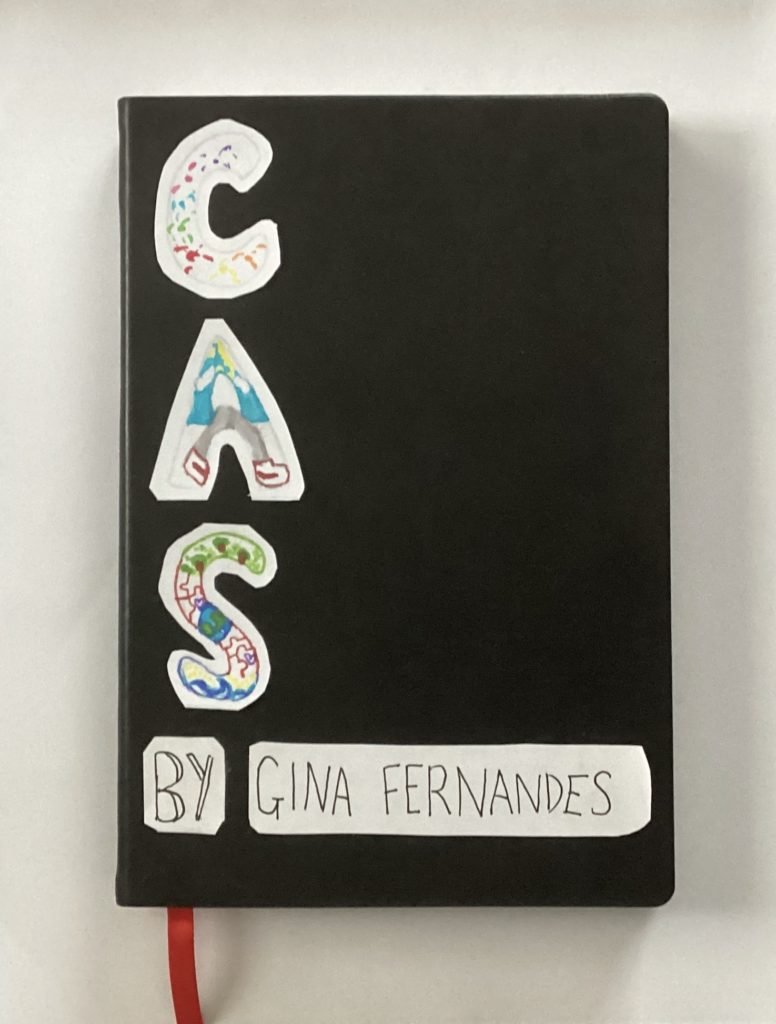Knowledge is acquired via an unfathomable number of ways and methods. One of these many ways is personal experience. So what is the relationship between the two?
For a mathematician, their first lesson in correlation and scatter graphs could literally describe the relationship between personal experience and knowledge. They experienced the lesson, and gained the knowledge, and could describe it as having a ‘strong positive correlation.’
We have all learnt things and gained knowledge through experiences or mistakes. Like learning to ride your bicycle without stabilizers as a kid. Your dad would push you and tell you to keep pedaling and look straight forward, deceiving you into believing he would keep a hold of you – but by the time you keep pedaling, you’ve cycled away from him. Thus, you learned how to ride your bike. You experienced it, and gained the knowledge: to keep pushing and looking forward (with the hope of not falling off).
So what about mistakes? It has always been said you learn from your mistakes, whether that be breaking up with your ex, or 12 different publishers rejecting an author who went on to write the most successful series of books ever.
I feel as though we’ve all made mistakes, some no one else could ever make, some miniscule, and some massive ones. Not submitting your homework is a mistake we all make, thinking we’ll be fine, until our report comes in the post, a question on the homework you didn’t do pops up in your exam, or the teacher scolds you and gives you a detention.
Having to sit through that detention, opening poor results on results day, or your parents grounding you for effort out of class requiring “significant improvement” will give you the knowledge that, ‘this isn’t fun, I’ll hand my homework in next time.’ And you will know to, and have the incentive to hand your homework in.








